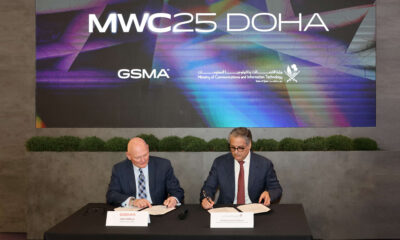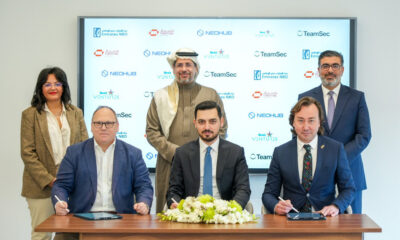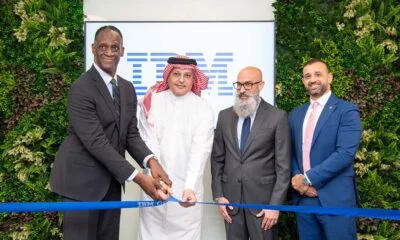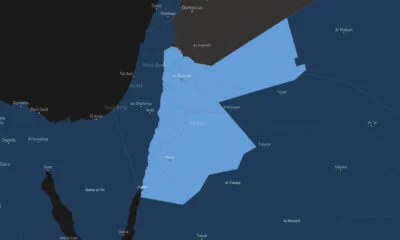News
The Technology Powering Qatar’s FIFA World Cup 2022
A series of technology firsts will help make the World Cup a more immersive event for football fans, boost Qatar’s sustainability credentials, and help to keep the scorching heat at bay.
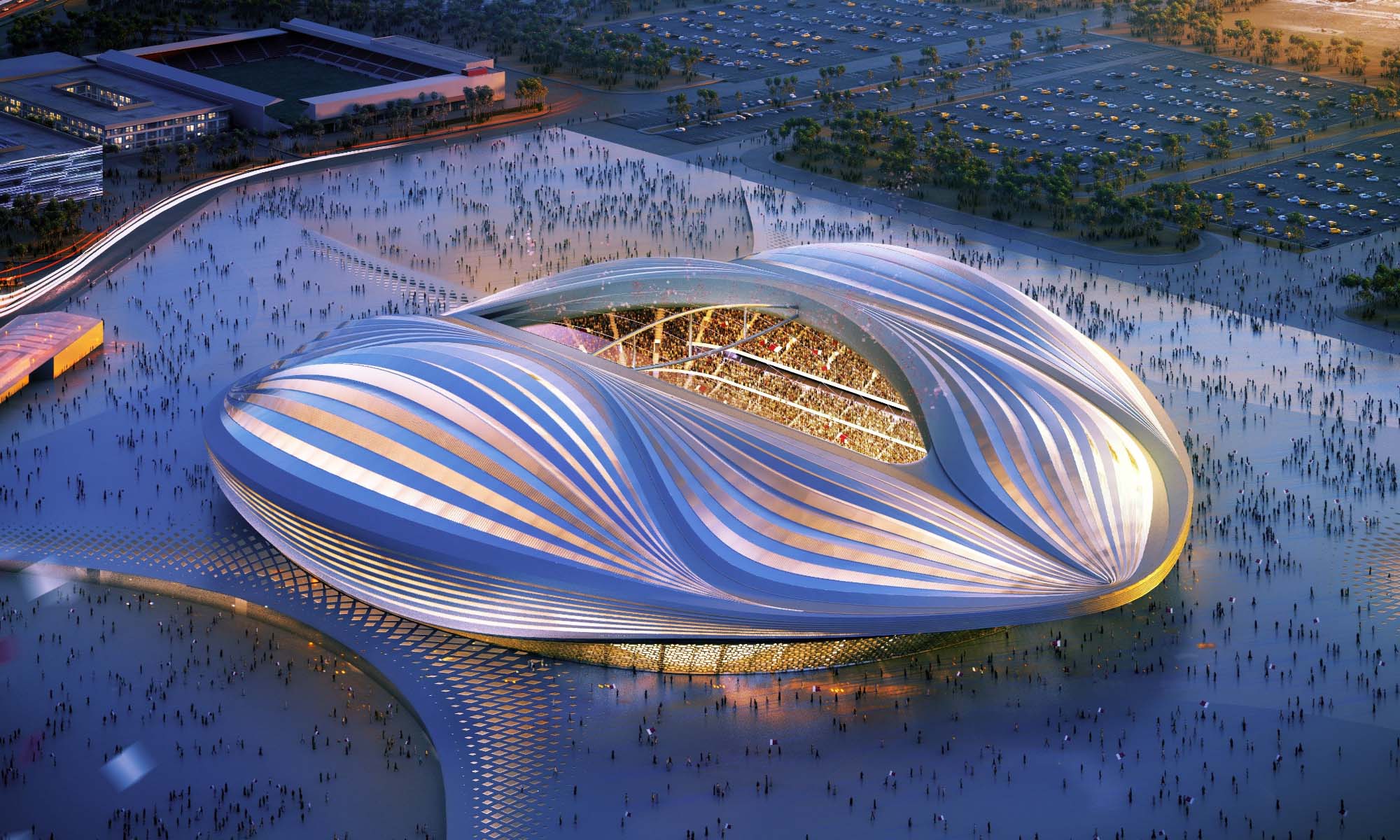
Qatar is the smallest nation to host a World Cup tournament, and it’s also the first Middle Eastern country with the same honor. As well as being notable as an “out of season” event, the FIFA World Cup 2022 will also feature several technological innovations.
Here are some of the more exciting examples we’ve unearthed so far:
Robo-Ref
The most notable feature of Qatar 2022 will likely be the high-tech match balls, which have been upgraded with FIFA’s “Semi-Automated Offside Technology”, an enhanced version of existing VAR systems (video assistant referees).
The official ball of the tournament is called “Al Rihla” (Arabic for “The Journey”) and is packed with the latest Adidas Suspension System, which can log its position on the pitch at a staggering 500 times per second. Each venue will be installed with 12 dedicated cameras to monitor the ball position and 29 points of each player’s body, with AI processing data in real time.
As well as helping with contentious match decisions, the new technology will also be used to create dynamic replay animations that can be displayed during broadcasts, or on the big screens of the event’s stadiums.
Advanced Stadium-Cooling
The temperatures of a Qatari summer are no joke at the best of times, and could prove debilitating for spectators and potentially deadly for pro footballers.
Saud Abdulaziz Abdul Ghani from Qatar University‘s College of Engineering has come up with an answer that mimics how a car’s air-con system works. The ingenious invention uses a mixture of insulation and “targeted cooling” through grills in the stands and nozzles on the pitch. The result is improved air circulation, which can be filtered, cooled to 18 degrees Celsius, and pushed back into the stadium.
The technology is thought to be up to 40% more sustainable than a traditional cooling system. It only needs to be used two hours before an event, reducing energy consumption considerably over conventional methods. Along with high-tech retractable roofing, Dr. Saud hopes that stadiums around the globe will eventually adopt his inventions.
A Lego-Style Stadium
The Lusail Iconic Stadium is undoubtedly the most prestigious venue of the FIFA World Cup 2022 event. However, another stadium at Ras Abu Aboud, known as “Stadium 974,” takes the prize for ingenuity.
Qatar’s government was keen to avoid building venues that were of limited appeal to the community after the event had finished. To that end, Stadium 974 is the first collapsible venue to feature in the World Cup, being constructed from repurposed shipping containers.
The 974 containers (hence the name) have been modified to hold seating, bathrooms, and every other element of a stadium, with the intention that they can either be rebuilt into several smaller venues or sent overseas for future events.
According to FIFA, the Stadium 974 concept brings a new level of sustainability to football stadium design. However, it should be noted that the vast Lusail Iconic Stadium will also eventually be repurposed as the centerpiece of a new metropolis to be known as Lusail City. The stadium’s infrastructure is set to be converted into a community space, with schools, shops, cafés, sporting facilities, and health clinics.
News
Google Releases Veo 2 AI Video Tool To MENA Users
The state-of-the-art video generation model is now available in Gemini, offering realistic AI-generated videos with better physics, motion, and detail.

Starting today, users of Gemini Advanced in the MENA region — and globally — can tap into Veo 2, Google’s next-generation video model.
Originally unveiled in 2024, Veo 2 has now been fully integrated into Gemini, supporting multiple languages including Arabic and English. The rollout now brings Google’s most advanced video AI directly into the hands of everyday users.
Veo 2 builds on the foundations of its predecessor with a more sophisticated understanding of the physical world. It’s designed to produce high-fidelity video content with cinematic detail, realistic motion, and greater visual consistency across a wide range of subjects and styles. Whether recreating natural landscapes, human interactions, or stylized environments, the model is capable of interpreting and translating written prompts into eight-second 720p videos that feel almost handcrafted.
Users can generate content directly through the Gemini platform — either via the web or mobile apps. The experience is pretty straightforward: users enter a text-based prompt, and Veo 2 returns a video in 16:9 landscape format, delivered as an MP4 file. These aren’t just generic clips — they can reflect creative, abstract, or highly specific scenarios, making the tool especially useful for content creators, marketers, or anyone experimenting with visual storytelling.
Also Read: Getting Started With Google Gemini: A Beginner’s Guide
To ensure transparency, each video is embedded with SynthID — a digital watermark developed by Google’s DeepMind. The watermark is invisible to the human eye but persists across editing, compression, and sharing. It identifies the video as AI-generated, addressing concerns around misinformation and media authenticity.
While Veo 2 is still in its early phases of public rollout, the technology is part of a broader push by Google to democratize advanced AI tools. With text-to-image, code generation, and now video creation integrated into Gemini, Google is positioning the platform as a full-spectrum creative assistant.
Access to Veo 2 starts today and will continue expanding in the coming weeks. Interested users can try it out at gemini.google.com or through the Gemini app on Android and iOS.


